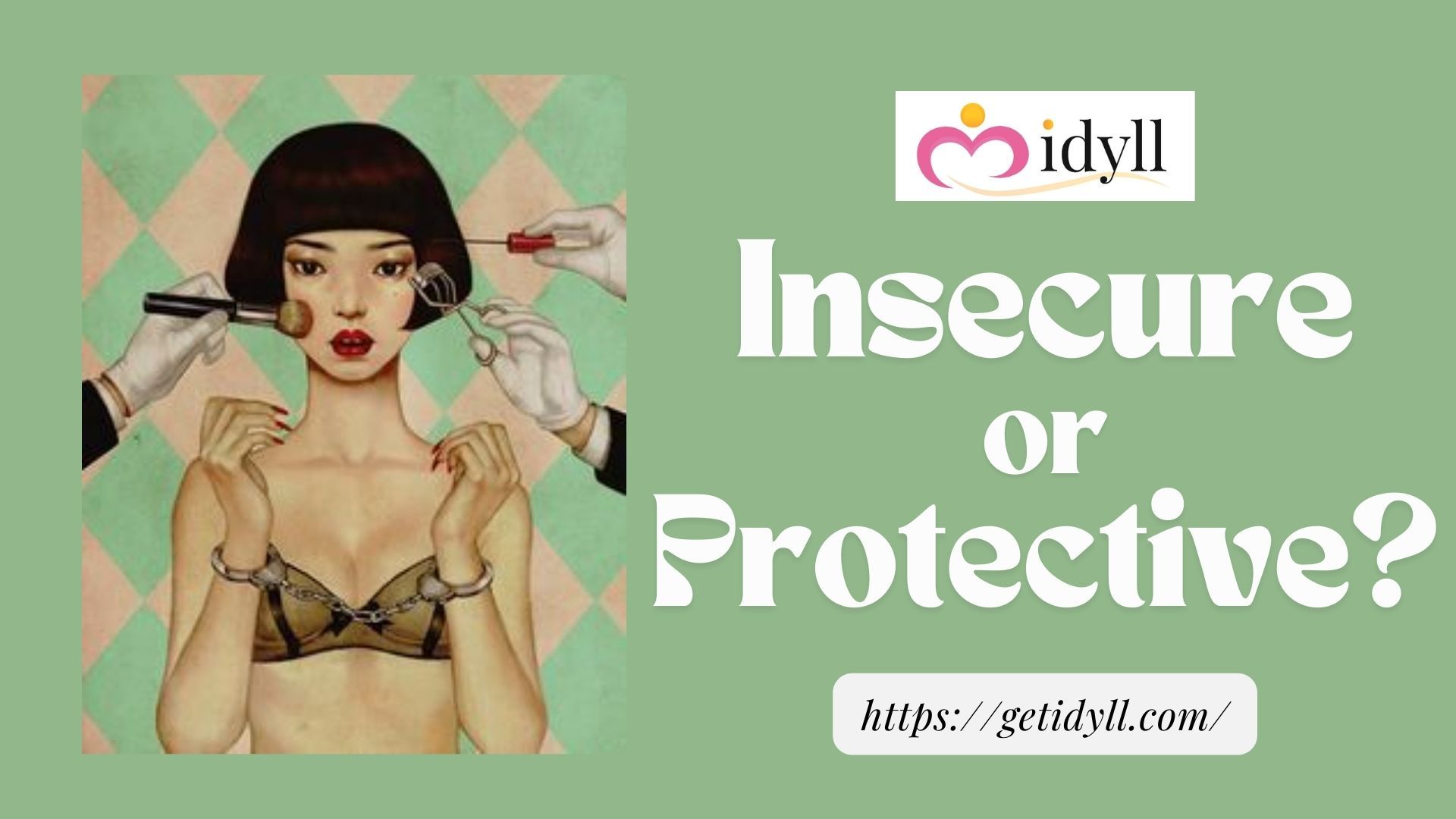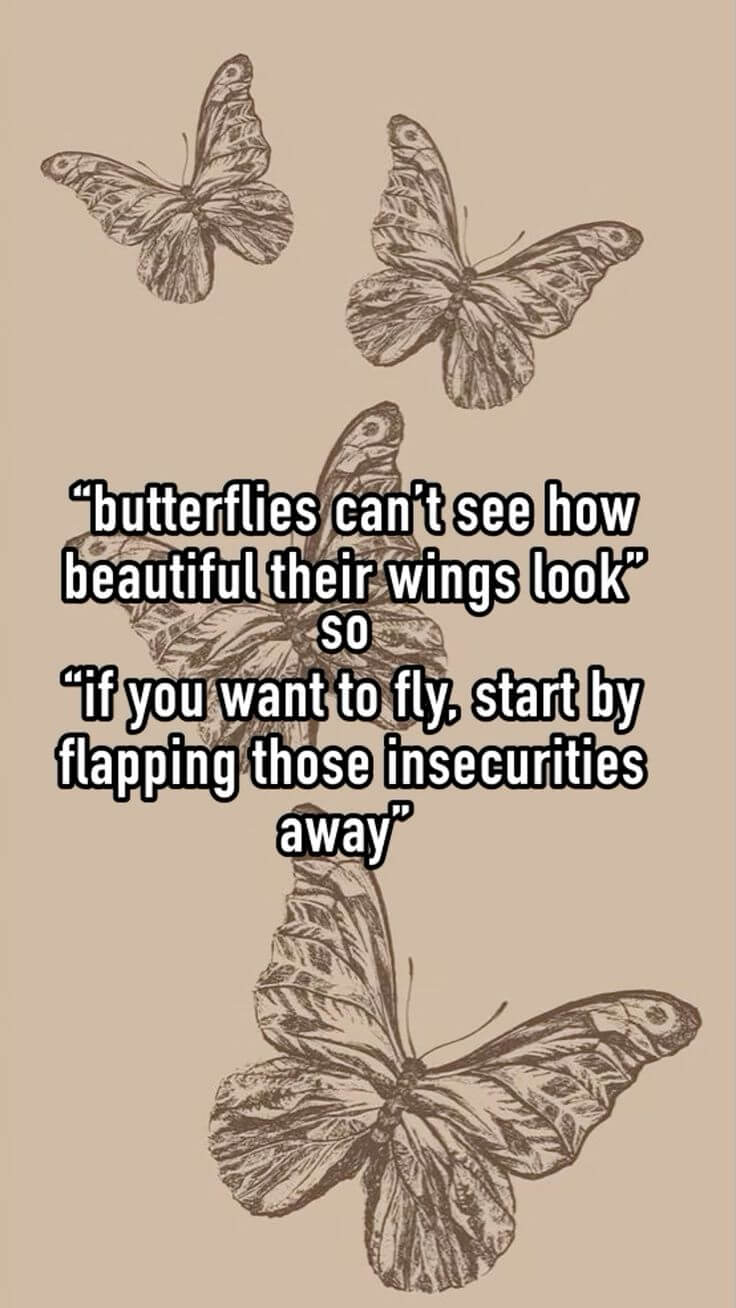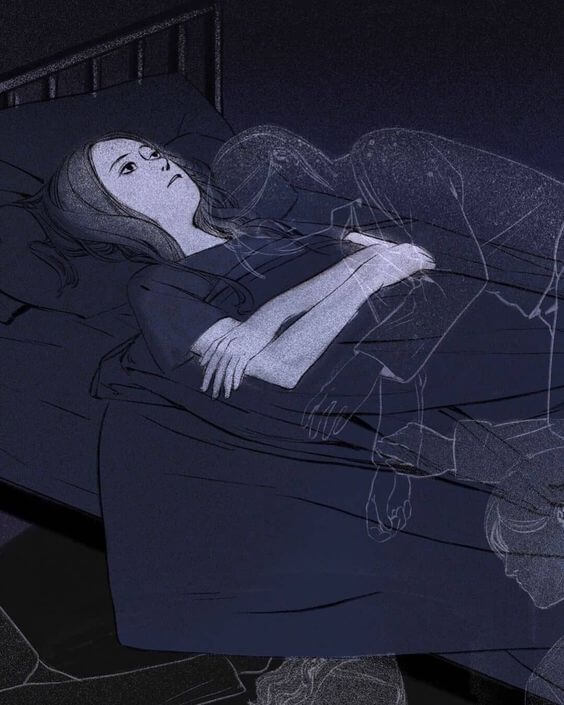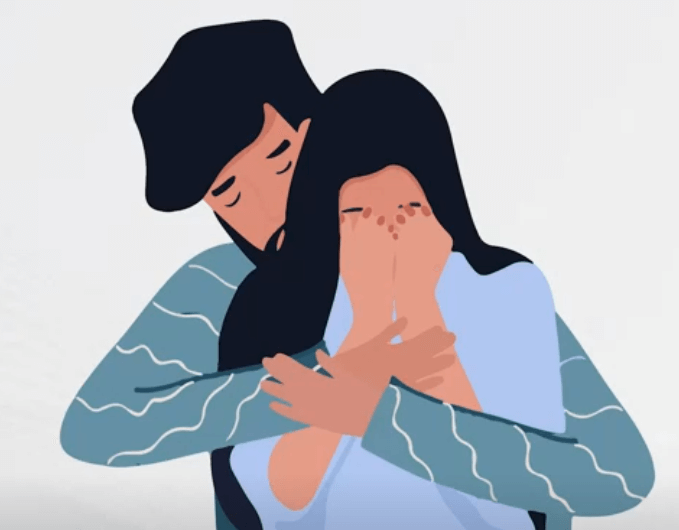Insecurity Or Protectiveness?

Let me paint a little picture for you in Reddit style:
"I (20F) have been with my boyfriend (21M) for almost a year. I love this man more than words can describe. Everything he does, hands down, becomes my favorite and most adored thing. Except for one little trait of his that I have mixed feelings about. Every time I hang out with my guy friends (in a group, I must clarify), he tells me that they’re trying to hit on me. Doesn’t matter that they have long-term girlfriends or that one of them is gay. He still pesters me about this. It has gotten so bad that he not-so-subtly asks me to ditch hanging out with them. I used to to think possessiveness was sexy. But is it that or insecurity? How do I deal with it?"
Ever felt something like this? Well, let’s talk more about this the idyll way!
Table Of Contents:
Understanding Insecurity
To understand this concept, I would like for you to enter your partner’s brain and think things from their POV.
Ever had that nagging feeling in the pit of your stomach that you’re just not good enough? Yeah, that’s insecurity for you. It’s like having a little voice in your head constantly whispering, “You’re gonna mess this up.” Thanks for the confidence boost, insecurity. Not.
It makes you question the strength of your relationship like nothing else. You start wondering, if given the chance, would she leave me for someone else? Find someone more appealing than me? Maybe he does not find me as pretty? Why does he even like me, I’m such a train wreck. You can be the most perfect partner, and still feel inadequate, wrong, and unsuited for your significant other.
That’s exactly how your partner might feel. Feel the waterworks coming? They might feel sensitive and vulnerable. Here is where you come into the picture.


Dealing with your partner's insecurity means being patient and understanding. Listen to their worries without judgment and reassure them of the pureness of your love. Encourage them to work on their self-esteem and offer support. It's cardinal to be patient as they overcome their insecurities, and seeking professional help is okay if needed. With love, communication, and time, you can help your partner feel more secure in themselves and in your relationship.
Understanding Protectiveness
Transporting you to your partner’s brain…
Remember when your mom used to wrap you in like five layers of coats if you so much as sneezed once? Protectiveness is that, in a nutshell.
They always want to make sure you're safe and okay. They worry a lot about anything bad happening to you. It's like they have this constant radar for danger, and they can't help but feel like they need to watch out for you all the time. It's because they care so much about you and they just want you to be protected from anything that could hurt you. But sometimes they might go a bit overboard with it and not give you enough space to do your own thing. Situations like that call for you to make a move and handle it in a way that makes both of you comfortable.
First off, give 'em a gentle nudge to ease up a bit. Let them know you're grateful for their concern, but you're not planning to wrap yourself in bubble wrap anytime soon. When they're being a little too concerned, just calmly remind them you've got this.

Keep the conversation flowing—tell them you need a bit of breathing room. It's all about finding that balance between feeling safe and having your freedom. Use a little humor and assure them that they're worrying about nothing. At the end of the day, you're a team, so work together to find what works best for both of you.
Insecure Or Protective: Who Wins?
Insecurity and protectiveness are kinda like oil and water. They don't mix well and make for a horrible combination. Insecurity is like that worrying friend, always expecting the worst and making a fuss over tiny and little things. Protectiveness, on the other hand, is your momma and her ginger honey tea when you're sick, always trying to shield you from harm, whether you need it or not.
Insecurity tends to blow things out of proportion, turning small issues into big dramas. Protectiveness, meanwhile, can be consuming to the point that it becomes slightly exhausting and unattractive, always stepping in to take control of situations. It's like being caught in the middle of a tug-of-war between two strong-willed personalities.
But here's the deal: you're the one stuck in the middle.
Insecurity and protectiveness both have good intentions, but they can also make life more complicated. It's important to find a balance between acknowledging your fears and worries without letting them control you. And while protectiveness can be comforting, it's also okay to establish your independence and handle things on your own terms.
Ultimately, insecurity and protectiveness are just parts of being human. They may cause conflicts and challenges, but they also remind you of your vulnerabilities and strengths. You have the power to navigate through these emotions and come out stronger on the other side.
To delve into more such blogs, connect with Idyll.
Download Idyll: The Perfect College Dating App!
